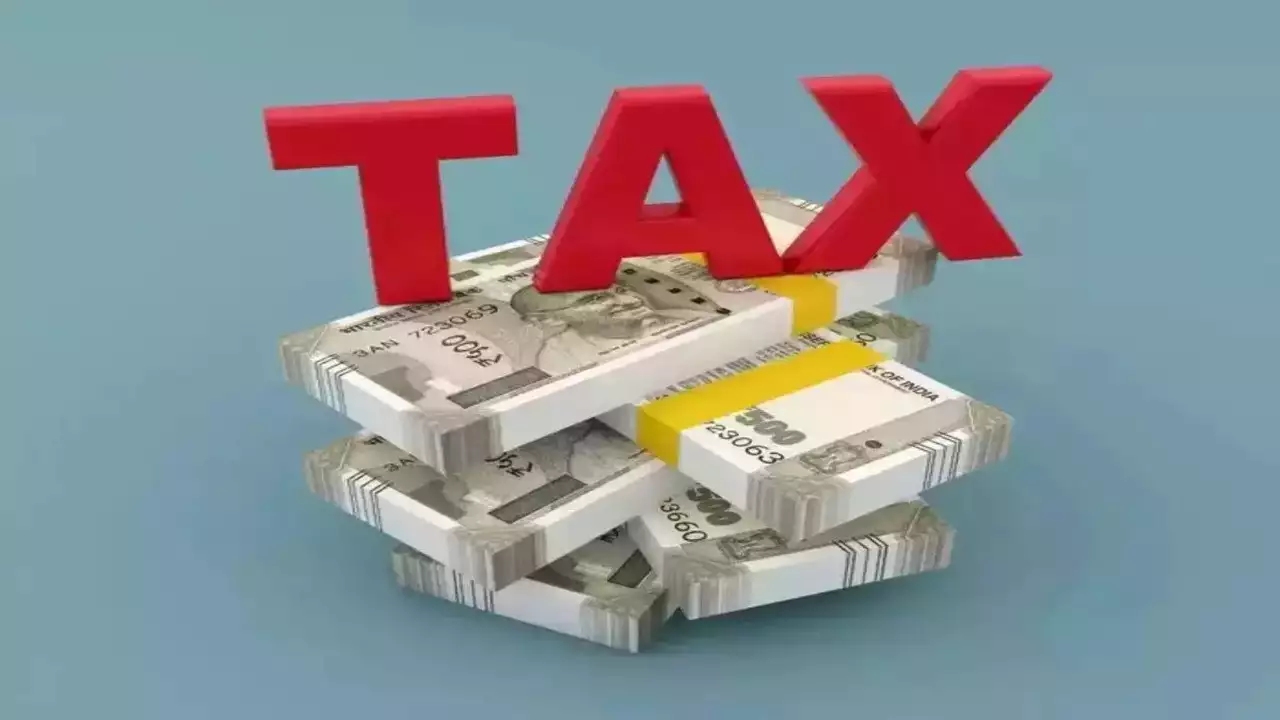India–US Trade Tensions Rise Over Steel and Auto Tariffs NMDC Limited reports a 38% drop in Q4 FY24 consolidated net profit RINL to Raise $23 Million Through Land Sales Amid Crisis

The Income Tax Department announced on Sunday that net direct tax collection increased by more than 20% between April 1 and February 20, 2023–2024, due to improved compliance and strong growth in Personal Income Tax (PIT). In addition to PIT, corporate income tax is a form of direct tax. Securities Transaction Tax is another component of PIT (STT).
The estimate for direct tax collection was increased from ₹18.23 lakh crore to ₹19.45 lakh crore in the Union Budget on February 1.
The Department reported a 20.25% increase in Direct Tax collection to ₹15.60 lakh crore compared to ₹12.97 lakh crore in the same period the previous year.
This collection is over 80% of the total Revised Estimates of Direct Taxes for FY 2023-24. The Department expects that covering the remaining proportion of the estimate will not be difficult during the remaining 40 days of the current fiscal year.
PIT has seen better growth than CIT. Data showed that while the net growth of CIT collection was over 13.5%, PIT collection (net) surged by over 27%. The net number is calculated after deducting refunds from gross collections. “Refunds amounting to ₹2.77 lakh crore have been issued during April 1 and February 10,” the Department said.
Although the IT Department has not specified any reasons for the increase in the collection, the Budget document has listed several reform measures resulting in a much better collection. One such measure has been the expansion of the scope of TDS (Tax Deducted at Source/TCS (Tax Collected at Source) to include new transactions like foreign remittance, purchase of luxury cars, e-commerce participants, etc.
Similarly, a new provision has been introduced in the Income Tax Act requiring the successor entity to file a modified return within six months of the order of reorganization being passed by the competent authority. Another measure is an e-verification scheme, which enables the authorities to collect information for accurate and comprehensive determination of income to reduce tax evasion.
Also Read : ₹20 lakh cr pending direct tax demand under litigation: govt official India Holds Off on Steel Safeguard Duty Hike, Import Licences Under Scrutiny